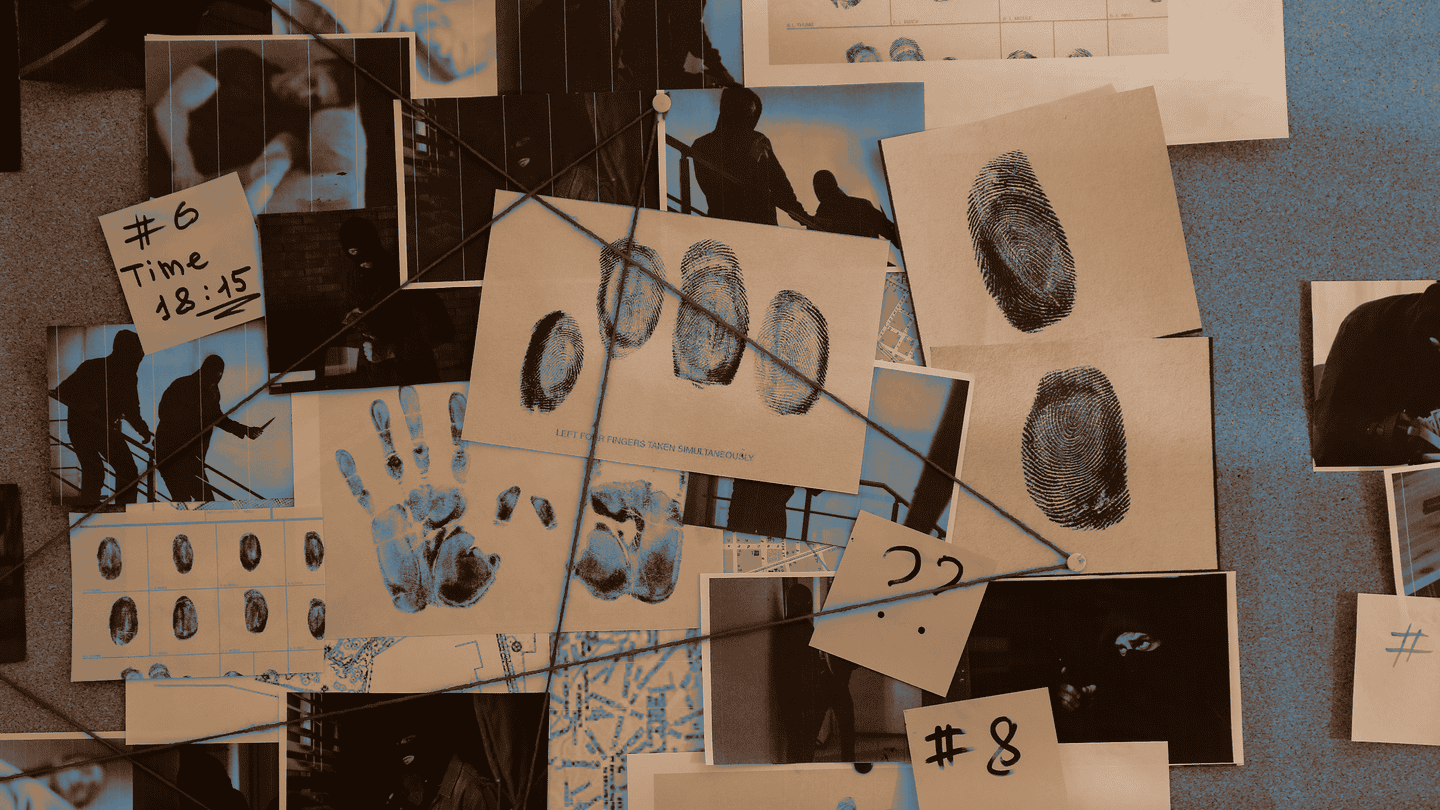
Conjectures and Narratives: The Evidentiary Paradigm and the Semiotics of History
Valentina Pisanty, University of Bergamo, Italy
Thu, 5/2 · 4:30 pm—6:30 pm · A17 Julis Romo Rabinowitz Building
Department of East Asian Studies; Humanities Council

The second talk in a lecture series on Introducing Interpretive Semiotics, for the Humanities and Social Sciences
Historians reconstruct certain courses of events without having witnessed them personally. From this point of view, their work is not unlike that of a hunter who examines the tracks made by an animal to identify which creature left them, a doctor who observes a patient’s symptoms to formulate a likely diagnosis, or a detective who discovers the identity of a murderer starting from the clues that the culprit involuntarily left at the crime scene. In all four cases (and in many others), between the events that unfolded and their reconstruction a space opens up: the space of semiosis and interpretation. Just like the hunter, the doctor and the detective, the historian is also called upon to formulate hypothetical narratives that establish a network of causal links between the fragments that have come down from the past and the past itself. What are the underlying mechanisms of such inquiries?
After Valentina Pisanty graduated in Semiotics at the University of Bologna, she completed her doctoral research in Semiotics, under the supervision of Umberto Eco, with a dissertation on the Logic and Rhetoric of Holocaust Denial. Following a research scholarship, Pisanty became a researcher at the University of Bergamo, where she is now Full Professor, as well as Director of the First Cycle Degree in Communication Sciences in the Department of Letters, Philosophy, Communication. Her research interests revolve around Holocaust denial, Fascist racism, political discourse analysis, narratology, humour, interpretive semiotics, the rhetoric of memory-making and the semiotics of testimony. Her books include The Guardians of Memory and the Return of the Xenophobic Right (2021), Abusi di memoria: negare, banalizzare, sacralizzare la Shoah (2012), Semiotica e interpretazione (2004).















